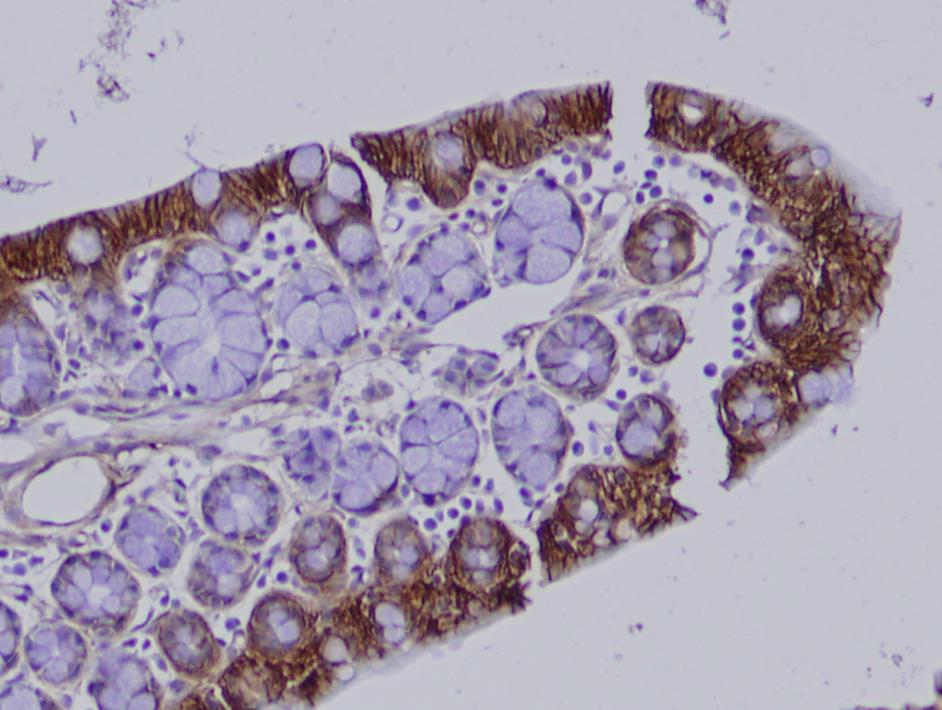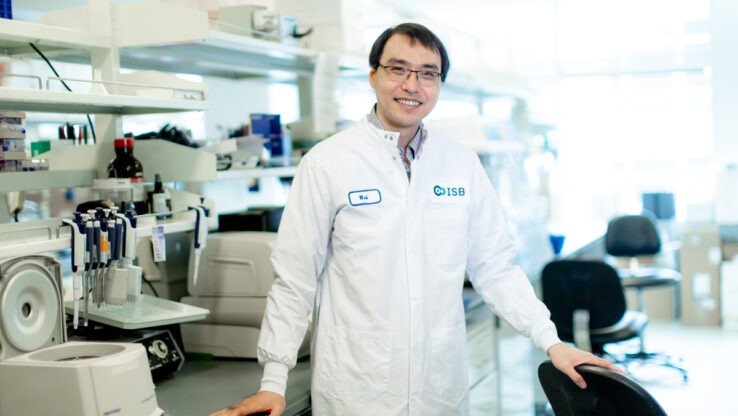New Research on IBD from ISB’s Family Genomics Group
 isbscience.org/news/2016/01/13/new-research-on-ibd-from-isbs-family-genomics-group/
isbscience.org/news/2016/01/13/new-research-on-ibd-from-isbs-family-genomics-group/
Our Family Genomics group and collaborators analyzed the whole genome sequences of five families with high burden of inflammatory bowel disease (IBD) in order to elucidate the genomic architecture of IBD. Read about the research here…
3 Bullets:
- In medical genetics it is an unsolved question to what degree complex diseases are influenced by rare variants with potentially large effects in relation to the many common and weak-effect variants that have been identified in genome-wide association studies (GWAS).
- By analyzing whole-genome sequences of five families with a high burden of inflammatory bowel disease (IBD) we aimed to elucidate the genomic architecture of IBD.
- We identified rare candidate variants and followed up one of them, a novel missense variant in TRIM11. We found evidence that the variant may foster IBD development by increasing inflammatory signaling in the gut.






